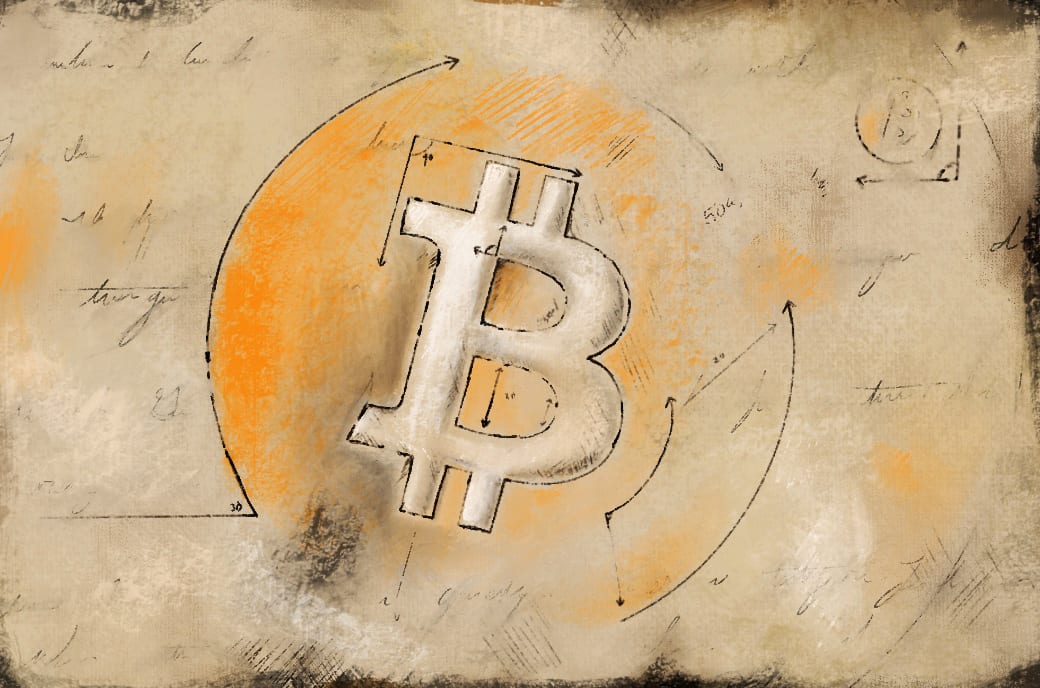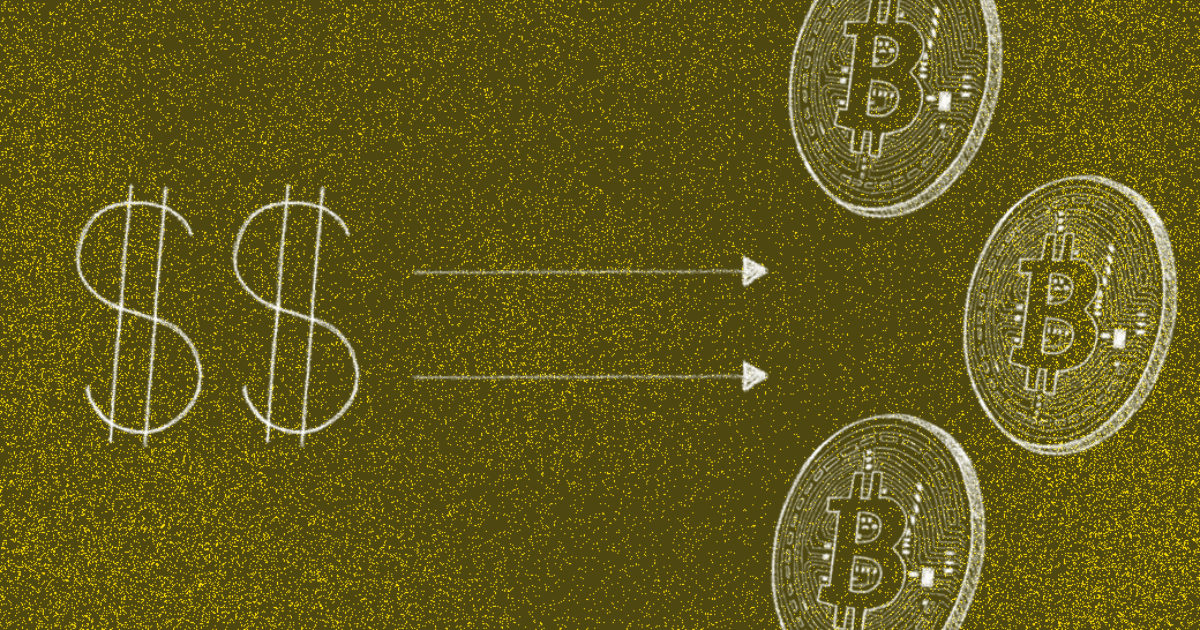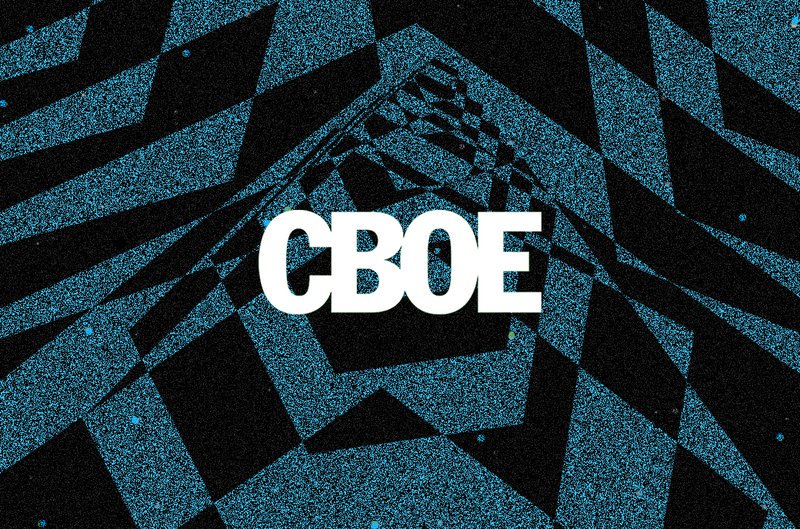Ecash Makes Bitcoin — And CBDCs — Private With Calle’s Cashu
Editor’s note: Cashu is a protocol, not a company.
Founders: Calle
Date Founded: October 2022
Location of Headquarters: Remote
Amount of Bitcoin Held in Treasury: N/A
Number of Employees: 20-30 open-source developers
Website: https://cashu.space/
Public or Private? N/A
Of Bitcoin’s many notable properties, privacy isn’t one of them.
In fact, the transparency of the Bitcoin blockchain contrasts starkly with the privacy that Chaumian ecash, a form of digital cash created by legendary cryptographer Dr. David Chaum in 1982, offers.
So, what do these two technologies have to do with one another?
Well, 40 years after the invention of ecash and after a failed attempt to integrate it into the traditional financial infrastructure in the 1990s, a developer who goes by the pseudonym “Calle” found a place for the technology within the Bitcoin ecosystem.
“Ecash was waiting for Bitcoin as a foundational layer,” Calle told Bitcoin Magazine. “Bitcoin represents a permissionless system on which anyone can build financial innovation without having to consult the big banks. It’s just a way better environment to experiment with this technology.”
Calle has been innovating with this technology via Cashu, a free and open-source ecash protocol he released into the world in October 2022. With Cashu, users get the best of both the Bitcoin and Chaumian ecash worlds.
And while readers of this publication are likely already familiar with how Bitcoin works, ecash may be a new concept.
What Is Ecash?
Ecash is a bearer asset that can be transferred peer-to-peer, much like bitcoin.
However, a key difference between ecash and bitcoin is that bitcoin exists on a ledger, whereas ecash lives on its holder’s device.
“Ecash is for us Bitcoiners a very alien concept because it flips the concept of a ledger on its head,” explained Calle.
“In an ecash system, the state of who owns what is determined by who has ecash in their pockets, not ‘What does this database say about who has what?’” he added.
On a more technical level, ecash tokens are essentially IOUs that are minted using a technology called “blind signatures.”
With Cashu, ordinary users can operate a mint via the Lightning Network using this guide, written by Calle.
Calle’s Motivation In Creating Cashu
You might think that someone who hides their face behind a bright orange face wrap when making media appearances would be motivated by quite radical ideology, but this isn’t the case with Calle.
Instead, he’s surprisingly down-to-earth, practical and highly logical. His goal in building Cashu is simply to preserve the type of privacy we’ve had in financial transactions for centuries.
“We used financially-private instruments for hundreds of years without realizing that we use one of the best technologies in financial privacy — physical cash,” said Calle.
“So, it’s not really like we’re trying to bend towards something that we haven’t experienced. We’re just preserving the things that we already enjoy,” he added.
Calle wants to see Chaumian ecash succeed despite the challenges it faced when Dr. Chaum tried to implement it into the traditional financial system via his company DigiCash in the ‘90s.
“Chaumian ecash had a very big mission,” said Calle.
“It should have revolutionized the entire financial world. But, unfortunately, PayPal and Visa took over,” he added.
“I’m also being pragmatic in that I’m choosing to build this on Bitcoin because first. Bitcoin is the only world where you can start building something like this open source.”
Ecash On Bitcoin
Part of Calle’s objective in building Cashu on Bitcoin is to get more people using bitcoin for everyday transactions.
“Bitcoin needs to be carried by diverse groups of people, so we can get the normies to see the enormous potential that this technology gives,” he said.
He also believes that in onboarding more people to Bitcoin, we should be more measured in our approach and let the technology itself do the talking.
“You don’t have to be against the state to love Bitcoin. You don’t even have to believe in separating money from state,” he said.
“Ideology spreads way more slowly than technology. Technology can explode overnight,” he added.
“Just explain to people that we have found the money of the internet. This happens once only in the history of the internet, and we have crossed that line. Let’s spread that message.”
When I asked Calle if he thought the recent crackdown on the Samourai Wallet developers might put a privacy-focused protocol built on Bitcoin like Cashu in the crosshairs of regulators, he didn’t respond directly, but he also didn’t seem particularly worried, as he pointed out that the traditional financial system is on the verge of employing ecash, as well.
Ecash Beyond Bitcoin
“In Europe, we have very active discussions about what CBDC will look like here,” explained Calle.
“The ECB is willing to also look into ecash systems that provide cash-like privacy for transactions under 300 euros. The Bank of International Settlements is piloting an ecash system right now. The National Bank of Switzerland and the Swiss Parliament itself are considering ecash deployments for their national digital currencies,” he added.
“We see that there is a window of perfectly legal and compliant use of ecash.”
According to Calle, any levels of enhanced privacy that come with using ecash — whether on Bitcoin or within traditional financial structures — is a net positive for whoever uses the technology.
Who Will Use Ecash?
Much like Bitcoin, ecash is for everyone. More specifically, it’s for those who are looking to make digital payments privately.
“The Achilles heel of digital payments is that all payments are tied to identities,” explained Calle. “There is no reason why you need to have KYC to read an article on NYTimes.com. These online activities should not connect to our bank account, especially if you’re reading political articles.”
Nostr users are already using ecash minted on Cashu in several privacy-based chat applications, according to Calle.
It’s also being used as a payment to prevent denial of service (DoS) attacks in some cases, while other users are using it to pay for VPNs without disclosing their identity.
Calle seemed most enthused, though, when he discussed how the unbanked or those who have been debanked because of their political affiliations can use ecash.
“I think a lot about how this can become local banking infrastructure in parts of the world where there are no banking systems and or banking systems are so prohibitive that dissidents and political activists basically cannot use any digital money,” he said.
For such cases, Calle also described how he can create a system that issues fiat-denominated ecash backed by bitcoin.
“We can build fiat payment experiences without touching the fiat banking system at all in the most private and fast and efficient way that is very close to physical cash, but it is all still built on Bitcoin. That makes me very excited because stablecoins are extremely popular and they have also taken over the popularity of bitcoin in most parts of the world,” he added.
“There is just a clear demand for it and fiat on ecash is the best form of fiat that I can think of.”
Proceed With Caution
While there are a number of benefits to using ecash, it’s also important to be careful when using the technology.
Given that ecash is minted through a custodian, there is counterparty risk associated with using it.
“I would urge anyone to be very cautious about the custodian that they choose,” warned Calle, who provided a caveat to his statement, explaining how the team behind Cashu is trying to offset some of the risk associated with trusting a mint by creating a star rating system based on reputation for them.
“We recommend to anyone using Cashu: Use it for very small amounts. Use it like a wallet in your pocket so that if you lose it at the bar, it won’t hurt you too much,” he added.
He went on to state very clearly that “when a mint goes down, your sats are gone.”
There is also some risk in losing your funds if you lose the device on which they’re stored, but Cashu has created a way to restore lost ecash.
“In Cashu itself, there is a mechanism to restore your tokens if you lose them, similar to Bitcoin UX where you store a seed phrase,” Calle explained.
However, he also pointed out that users restore their funds through the mint and that, again, if the mint goes down, users lose their tokens permanently.
Call To Action
Calle doesn’t profit from his work with Cashu. He started the project as an “academic interest” and has pushed forward because he finds great purpose in developing it.
“Working on Bitcoin is a big honor and opportunity that gives life meaning, because it’s a project for humanity,” he explained.
“It’s beautiful to be a little part of this process, knowing that you work on something day-to-day that improves the world and doesn’t feed big mega tech companies while they’re sucking the life out of your body.”
So, not only does he encourage you to use Cashu if you’re looking for greater privacy in your everyday bitcoin transactions, but he invites developers — or anyone with any skills pertinent to driving Bitcoin adoption — to join him in helping to further Bitcoin adoption.
“I know so many people with this desire to work on something that makes the world a better place, and Bitcoin is an open system that invites anyone with any skill level to participate,” said Calle.
“For those in the big tech industry whose work has lost meaning, this is an opportunity to work on something meaningful, global and inclusive,” he added.
“Join us as we go to the moon.”









